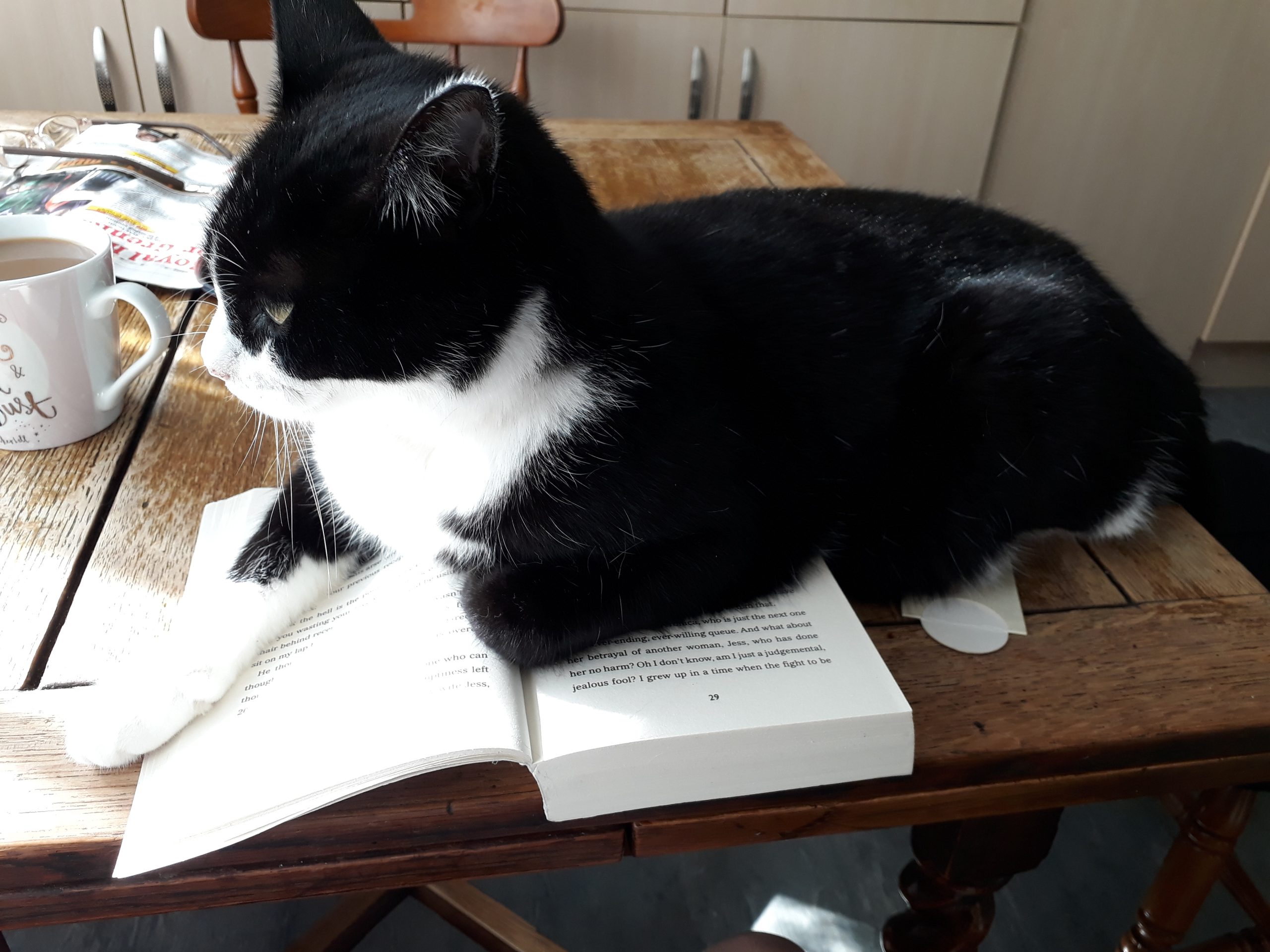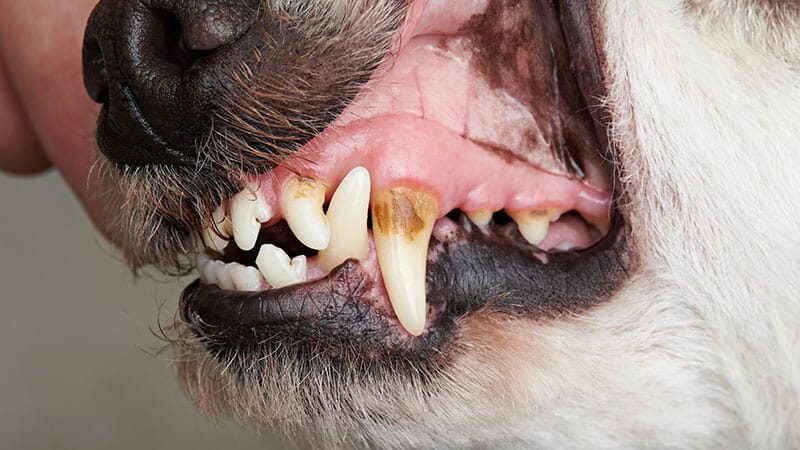Permethrin is poison to cats
“I think I’ve killed her!”
Mrs Poplar was hysterical on the phone. She stuttered out that she had decided to apply the flea stuff onto her cat, Cassie, and had just realised that instead she had applied the dog’s anti-tick spot-on.
Almost at once Cassie had started shaking, and Mrs Poplar thought she was going to have a fit.
Luckily, our nurse Sarah knew just what to do.
“Spend a few minutes washing as much off as you can, with cool water and soap, then bring her straight down,” she said.
I am not sure which of them was shaking more on arrival: the owner or the cat. Poor Mrs Poplar was telling everyone who would listen that it had been an accident, she knew she should have been more careful. She was beside herself.
Cassie was little better, bedraggled, wet and twitching, she was starting to become mentally altered. I rushed her through to the hospital whilst Sarah attempted to calm Mrs Poplar and get the consent forms signed.
I asked another nurse, Denise, to call the Veterinary Poisons Information Service to check that we were using the most up to date treatment options for poor Cassie. They confirmed that there is still no antidote to this mis-medication for cats. We just had to nurse her and manage her symptoms until she pulled through or deteriorated.
Thank goodness, after four days in intensive care in hospital on intravenous fluid therapy, and seizure control medication, Cassie did pull through and has returned to her normal life.
But not all cats who receive a dog dose of permethrin are so lucky.
To prevent this from happening to your cat, don’t get your advice about parasites from anyone but your vet.
If it is labelled DO NOT APPLY TO CATS, believe it!
If you use a product like this on your dog, then don’t let your cat snuggle up to them until the product has dried completely.
And finally, copy our own dispensing protocol when you come to make an application: don’t do it in a hurry, and check the label carefully one more time before you commit yourself.




